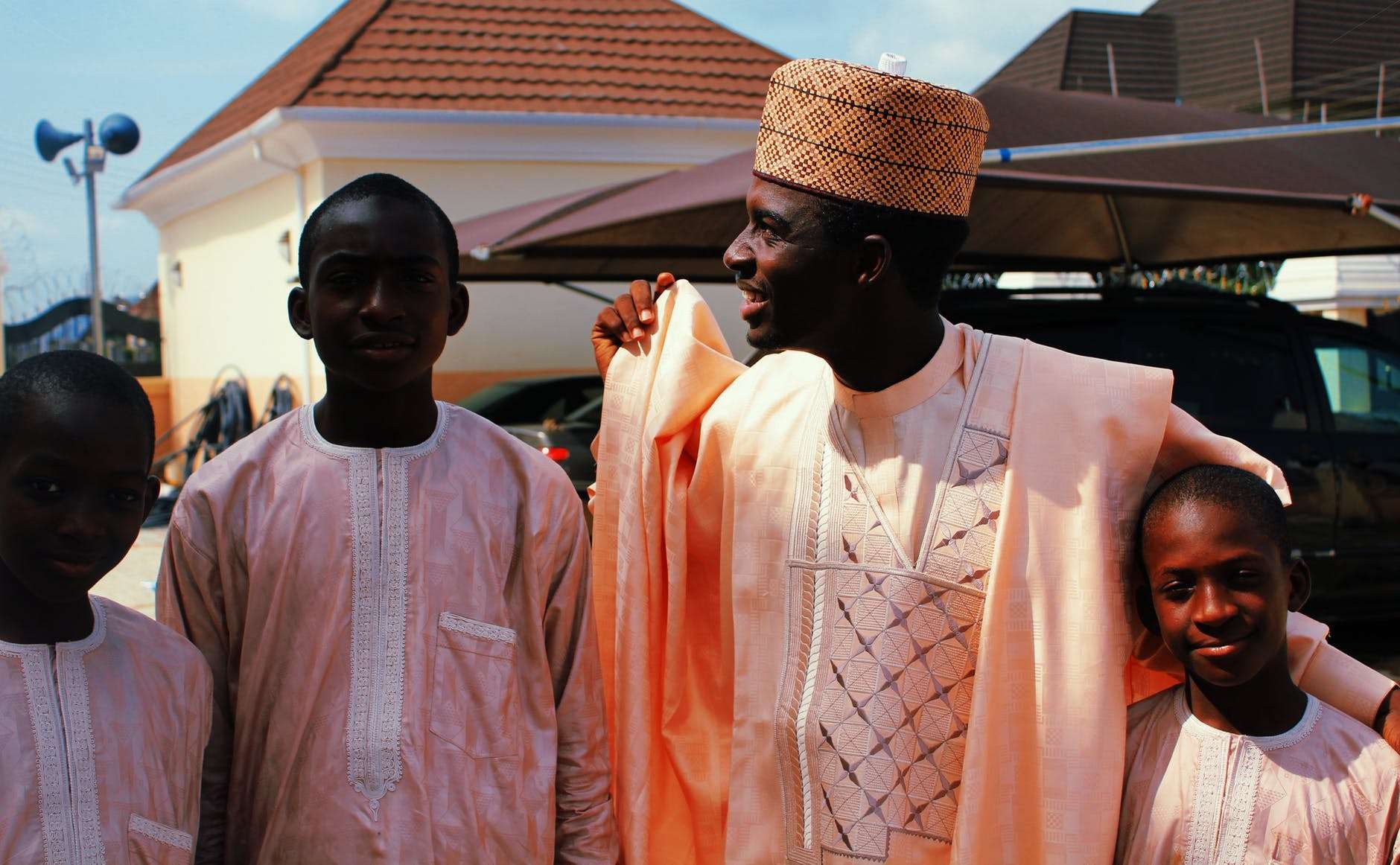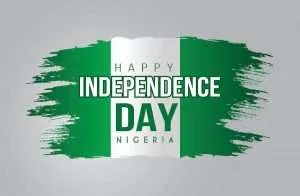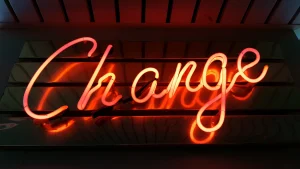In this article I want to highlight the role of sociology as a field of study in the political and economic influence of great powers such as China, United States, United Kingdom, France and Russia. They are referred to as “Great Powers” because of their vivid political and economic preponderance of the global arena. Characteristically, they purchased strength—militarily and economically as well as diplomatic influence—that made them role models to the rest of the world. Much emphasis would be given to the United States in citing examples of the sociology of hegemony.
As such, for a proper understanding of a nature and manner of international politics, I will adopt conflict theory as my sociological perspective. As a macro-level approach, the theory views society as a competition over scarce resources. It rooted in the writings of a German philosopher and a sociologist Karl Marx.
What is Hegemony?
The word “hegemony” is a Greek term “hegemonia”—which means “dominance over”—used in portraying the interactions among City-States. And this idea of hegemony is the nexus of the world politics. Over the years, there has been a class struggle over the limited resources. That is why the great powers constantly fight with one another in defense of personal interest, for there is no permanent enemy but permanent interest.
As such, in formulating policies that would suit the scarce resources and their applicability, there is a need to consider those that study individual’s behavior and interactions in the society—this is where sociology will come into play.
Sociology and Hegemony
Before we think of hegemony of whatever form, we must know that it is often attributed to writings of German philosopher and sociologist Karl Marx and the Italian social theorist Antonio Gramsci.
It prevails not necessarily by coercion, but rather by what Gramsci called “ideological illusion.” It has to do with the constant manipulation of culture and institutions. The beliefs, explanations, perceptions, and values that are imposed by the ruling class, or the great powers, become the accepted cultural norms. Take media as an example. Through media outlets such as BBC, CNN, VOA, FRI to mention a few, people’s culture and opinions have been shaped. People believe in virtually everything that comes from media owned by the great powers particularly among the developing countries.
Sociology of Hegemony: Culture
With regard to culture, many countries in the world adopted one or two of the cultures based in one of the great countries mentioned.
For example, the “US ideas and popular culture, from jazz to art and cinema, have infectiously spread—rendering ‘Amercanisation’ among the most significant and disputed phenomena of the contemporary era. Americanisation has its antinomy, ‘Anti-Americanism’ and this cleavage operates globally. Globalization both overlaps with, and it’s distinct from, Americanisation, but the two phenomena are often conjoined in Political analysis and discourse.”
Buying roses for our beloved ones is another contemporary example during Valentine’s Day. This typifies the current situation in Nigeria. It is a strange idea instilled upon Nigerians and other countries and influences their values and beliefs.
Sociology of Hegemony: Economy
From the economic angle, Marx laid his emphasis on the mode of production and the relationship of production. He opined that the ruling class controls the base in any society and create the superstructure that enables them to dominate and control the working class. The bourgeoisie (capitalist) and the proletariat (the working class) inevitably compete among themselves for political, social and material resources. The social institutions such as education, religion, and government among others are the reflection of the competition in their inherent inequalities that guarantee unequal social structure.
Apart from agreeing with some of Karl Marx’s ideas, Max Weber believed that in addition to economic inequalities, political power and societal structure also cause conflict. He noted that different groups were affected differently based on education, race, and gender, and that people’s reactions to inequality were moderated by class differences as well as by perceptions about the legitimacy of those in power
This exemplifies the relationship between “developed” and “underdeveloped” countries. African countries borrow money, run to developed counties for financial assistance, or engage into bilateral agreements in their favor. Similarly, the US economy helped in construction of post-war Western Europe via the Marshal Plan after WWII. Today, the US dollar remains the best currency in the world.
Sociology of Hegemony: Politics
Using theories from sociology of the military, one may assess the US military as one of the best worldwide. We still have US substantial elements of armed forces based in many areas abroad. Also, on the issue of aligning allies, the US tirelessly work to promote its interests by influencing how other countries align or realign. For example, as a means of promoting political and economic reform, it promoted the candidacy of Turkey for membership in the European Union.
The presence of Britain in the 19 century and the United States after 1945, generates pattern in the international system. The hegemons have interest in the preservation of the system and are therefore set to underwrite the system’s security with their military might. They are responsible for the formulation and execution of rules that govern the interactions in the international system. Hence, when Africans want to contest for a presidential post, they seek support from the great powers. Nigeria’s democracy is a replica of the US democracy showing just how hegemonic the great countries are.
Sociology helps in understanding this, and if these great countries are to be given a name of one of the organs of the body, heart would be the right name.








